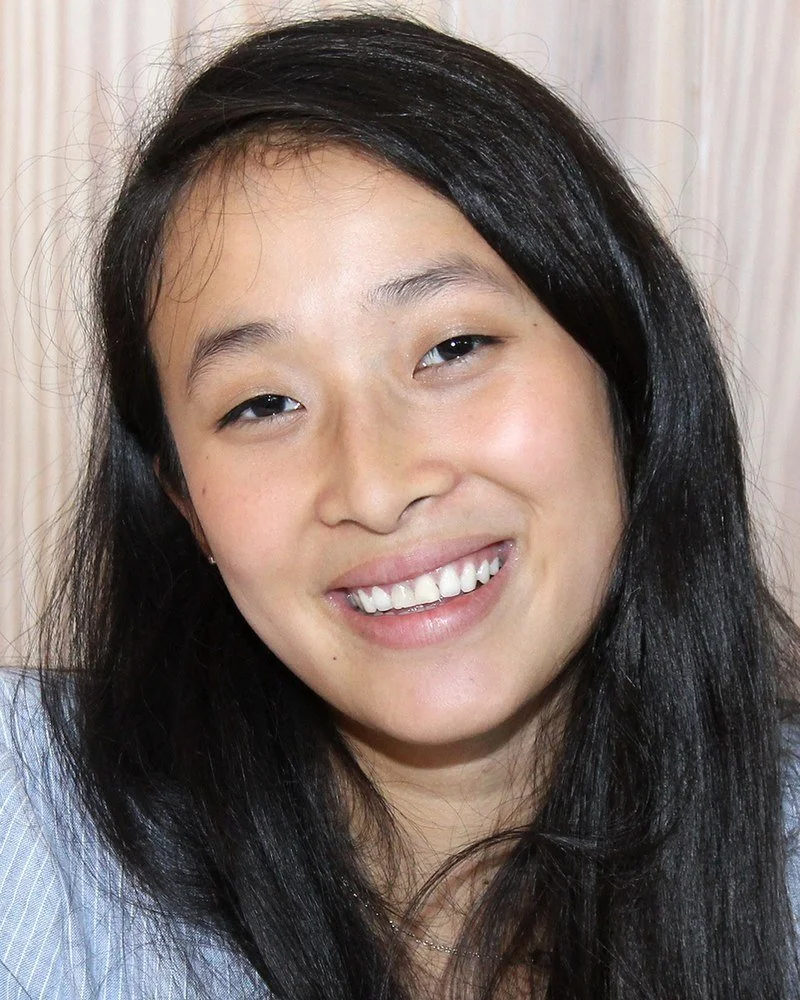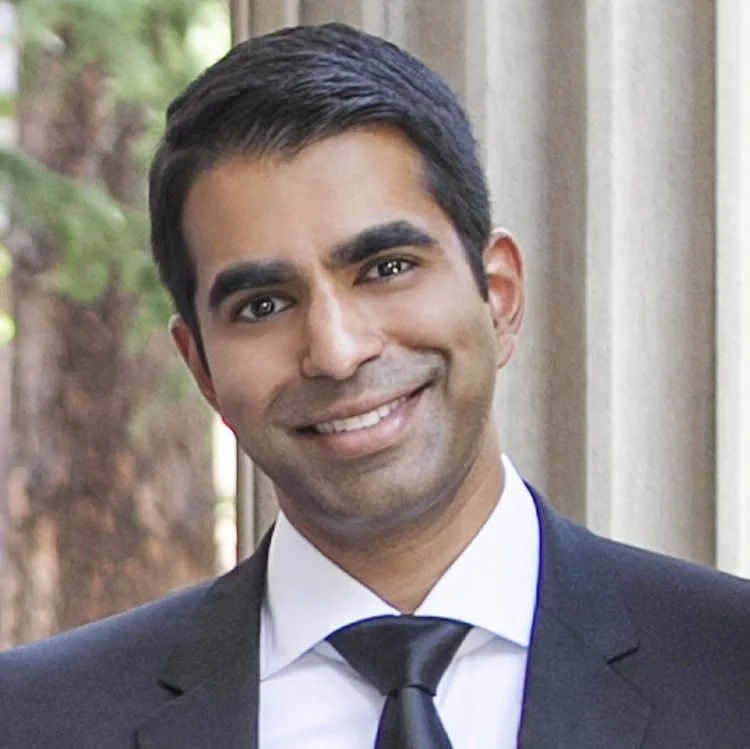HHPR Senior Editor Beier Nelson interviewed Dr. Louise Ivers, MD, MPH. She is the director of the Harvard Global Health Institute as well as the director of Massachusetts General Hospital’s Center for Global Health. Dr. Ivers has spent much of her work in Haiti, initially improving HIV treatment access, and in the last decade supporting the medical response to the cholera outbreak in the nation after the 2010 earthquake.
Read MoreMaternal and child health inequities are a key indicator for community health and wellbeing. Black communities are especially burdened with unjust maternal and infant mortality. These outcomes are upheld by place-based factors known as the social and structural determinants of health, including structural racism. While attention to inequitable MCH outcomes has grown, the authors argue that MCH should be addressed as a place-based issue.
Read MoreOn paper, the nature of the freestandng ER (FSER), a concept dating back to the 70s, represents a solution to the problem of poor access to urgent care—the proliferation of FSERs ideally leads to a healthy competitive market that ultimately drives down urgent care costs, fosters care improvement, and incentivizes physicians and stakeholders to expand urgent care access to neighborhoods, rural towns, and retail areas. This has, however, has not been the case, and perhaps most strikingly during the COVID-19 pandemic, where FSERs, most prominently in the state of Texas, have engaged in the practice of pandemic gouging.5 Though not much discourse or new data exist on the financial dynamics and operations of FSERs, examining their existence, along with the context of poor health literacy, poor regulation, for-profit healthcare they exist in, sheds light on the extreme manifestations of a fee-for-service system, and it is a telling example of a policy that is promising in theory but unsuitable in practice.
Read MoreHHPR Senior Editor Kimtee Kundu interviewed Francesca Mariani, Ph.D. Dr. Mariani is an Associate Professor at the Keck School of Medicine of the University of Southern California (USC). She received her Ph.D. from the University of California, Berkeley and completed her Post-Doc at the University of California, San Francisco. Her expertise is in the area of stem cell biology, with particular focus on skeletal repair and regeneration.
Read MoreHHPR Associate Editor Yewon Lee interviewed Steven D. Pearson, MD, MSc. Dr. Pearson is the founder and current President of the Institute for Clinical and Economic Review (ICER), an independent non-profit organization that conducts evidence-based reviews of health care interventions, such as drugs, devices and diagnostics, that help patients, doctors, and everyone else in the healthcare system know what works.
Read MoreMedicaid enrollment has grown significantly during the pandemic. This growth has primarily been driven by the continuous coverage requirement, a provision in pandemic relief legislation initially tied to the federally-declared public health emergency (PHE). States’ current enrollment procedures and capacity, as well as differences in expected approaches to completing redeterminations, will have significant implications for coverage and access outcomes.
Read MoreHHPR Associate Editor Suhanee Mitragotri interviewed Nadya Okamoto, founder and former executive director of Period Inc. and CEO and co-founder of August. Okamoto has been an active voice in menstrual activism for years, striving to end period poverty and stigma.
Read MoreHHPR Associated Editor Hugh Hankenson interviewed Dr. A. Bapu Jena, MD, PhD. Beyond his research, which includes the economics of physician behavior and the economics of medical innovation, Dr. Jena is a faculty research fellow at the National Bureau of Economic Research and host of the Freakonomics, MD podcast.
Read MoreHHPR Senior Editor Jessie Liu interviewed professor and activist Loretta J. Ross about her personal journey with the reproductive justice movement and how changes to the American health care system can be part of the path forward.
Read MoreWhat we need to do is realize that everybody has an important role to play in addressing maternal mortality, but they've got to do it with an awareness of their positionality. Academia has a role, government has a role, and the private sector has a role. It’s okay for people to take different strategies and tactics, and even to some extent have different goals. But what we need is a shared framework and vision for what a better world looks like, and a shared set of values.
Read MoreGiven the proper infrastructure, AI-driven interventions hold promising transformations for public health in resource-poor countries. The results confirm the potential of startups implementing AI in resource poor settings such as Asia and Africa.
Read More









